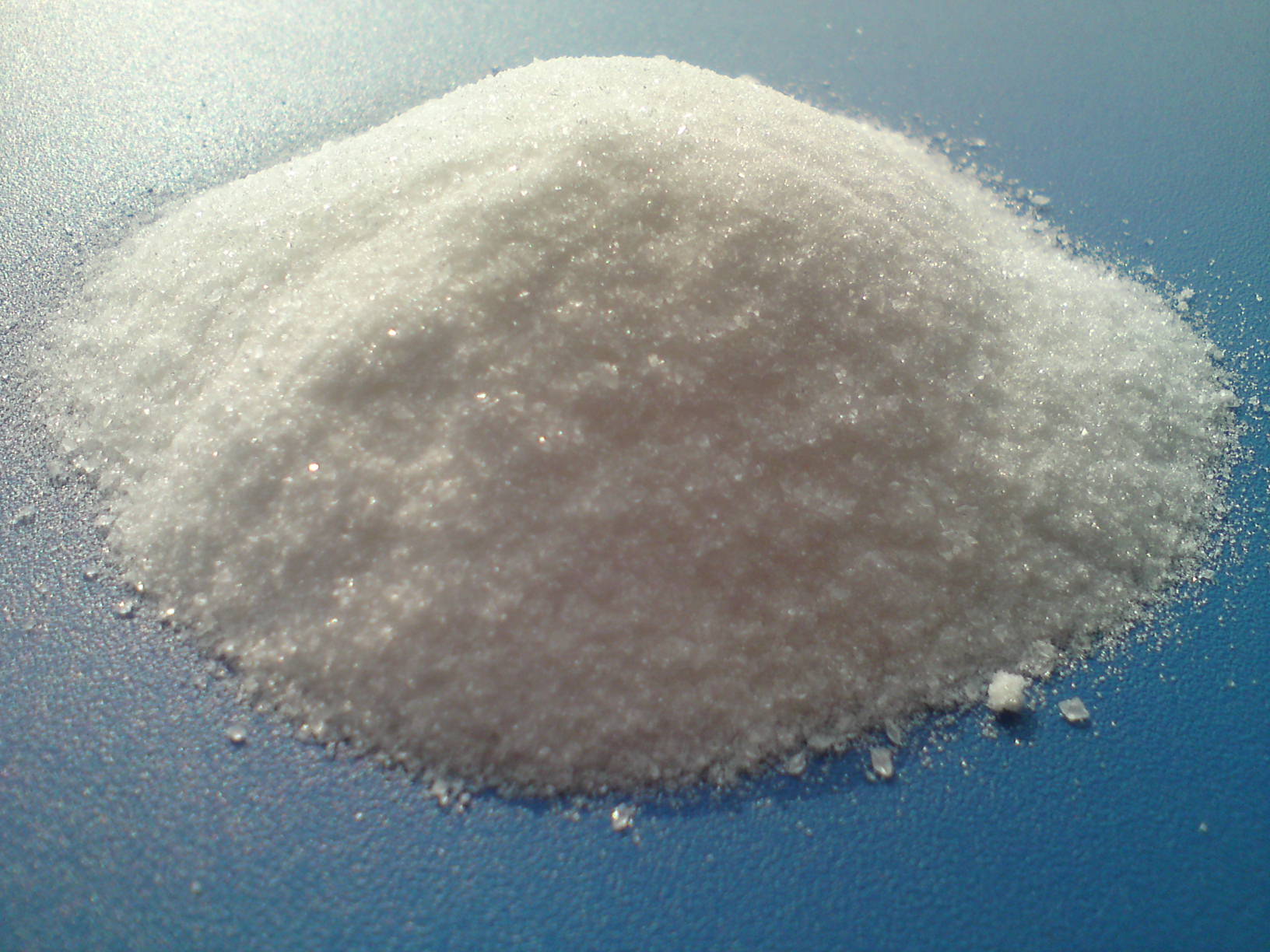 Guest Post by Sol Orwell.
Guest Post by Sol Orwell.
What is creatine?
Creatine is a peptide molecule, critical to the optimal functioning of a cell.
It is best known as a ‘high energy molecule.’ Cells use a different molecule, called ATP, to function. ATP can be made through the use of fatty acids, or quickly by using sugars. Creatine, in its storage form, called creatine phosphate, is even faster than glucose, though limited by the amount of storage space it can take up.
What does creatine do?
Creatine is well known for increasing power output in athletes and gym goers. It also improves muscle contraction endurance, which normally uses glucose. Creatine has even been shown to promote muscle protein synthesis. The bodyweight increase seen after creatine supplementation is water weight, but eventually, dry muscle tissue is produced at a faster rate.
Beyond muscular benefits, creatine has a variety of effects on cardiovascular health, including:
- Lowering homocysteine in certain genetic responders, which reduces the risk of cardiovascular disease.
- Reducing the adhesion of immune cells to the blood vessel wall, which lowers the risk of atherogenesis.
- Supporting cardiac function at the tissue level.
Creatine has even been shown to reduce the effects of diabetes, Alzheimer’s and Parkinson’s disease.
How does creatine work?
Creatine has several main mechanisms of action. It buffers a cell’s storage of ATP, by providing a secondary energy source that ATP can quickly be made from. If ATP is quickly depleted, it can lead to muscular fatigue or cell death. Creatine can delay these effects.
While in the cell, creatine draws water in, which forces the cell to exaggerate its repair mechanisms. This means the cell will respond better to potential stressors.
Supplementing creatine suppresses the body’s natural production of creatine. This means that instead of using S-adenosylmethionine to make creatine, the body will preserve it, which leads to a myriad of indirect benefits. Once creatine supplementation ends, natural creatine production starts back up, even if the body still has creatine in storage. There is no long-term suppression of creatine production due to supplementation.
Who should take creatine?
Everyone can benefit from creatine supplementation, but the following groups would experience the best results:
- Vegetarians and vegans, since their diet is low in creatine.
- The elderly, who enjoy cognitive benefits from creatine supplementation.
- The sleep-deprived, for the same cognitive reasons.
- Athletes looking to improve power output, either in regard to weightlifting or general sport performance.
- Women suffering from depression and mood disorders.
How should you supplement creatine?
Creatine supplementation has two phases: loading and maintenance. Since creatine is able to be stored in the body after oral ingestion, timing is not as important as it would be for a supplement like caffeine.
To initiate the loading phase, take 5g of creatine with meals, four times a day, for five days. After five days, switch to the maintenance dose. A maintenance dose is the minimum dose required to sustain the body’s stores of creatine. This can be as low as 2-3g in non-active people. Moderately to very active people should take 5g, and elite athletes may need to take as much as 8-10g of creatine, to sustain intense daily workouts.
Creatine doesn’t need to be taken with carbohydrates.
A few final notes on creatine
Creatine has been claimed to cause liver damage, but this is an unsupported claim. In fact, early research suggests the liver benefits from creatine supplementation. While people with certain kidney diseases should consult a doctor before taking creatine, creatine supplementation for the average person is completely safe.
All major side-effects are completely intestinal. Too much creatine in one dose may cause stomach irritation and diarrhea. If intestinal distress occurs during supplementation, lower the dose of creatine, and take it with food. People with sensitive stomachs may need to split a daily dose of creatine into more than four parts.
Sol Orwell is the co-author of The Supplement Goals Reference Guide. It’s on sale this week for $10 off. Click HERE to check it out.


